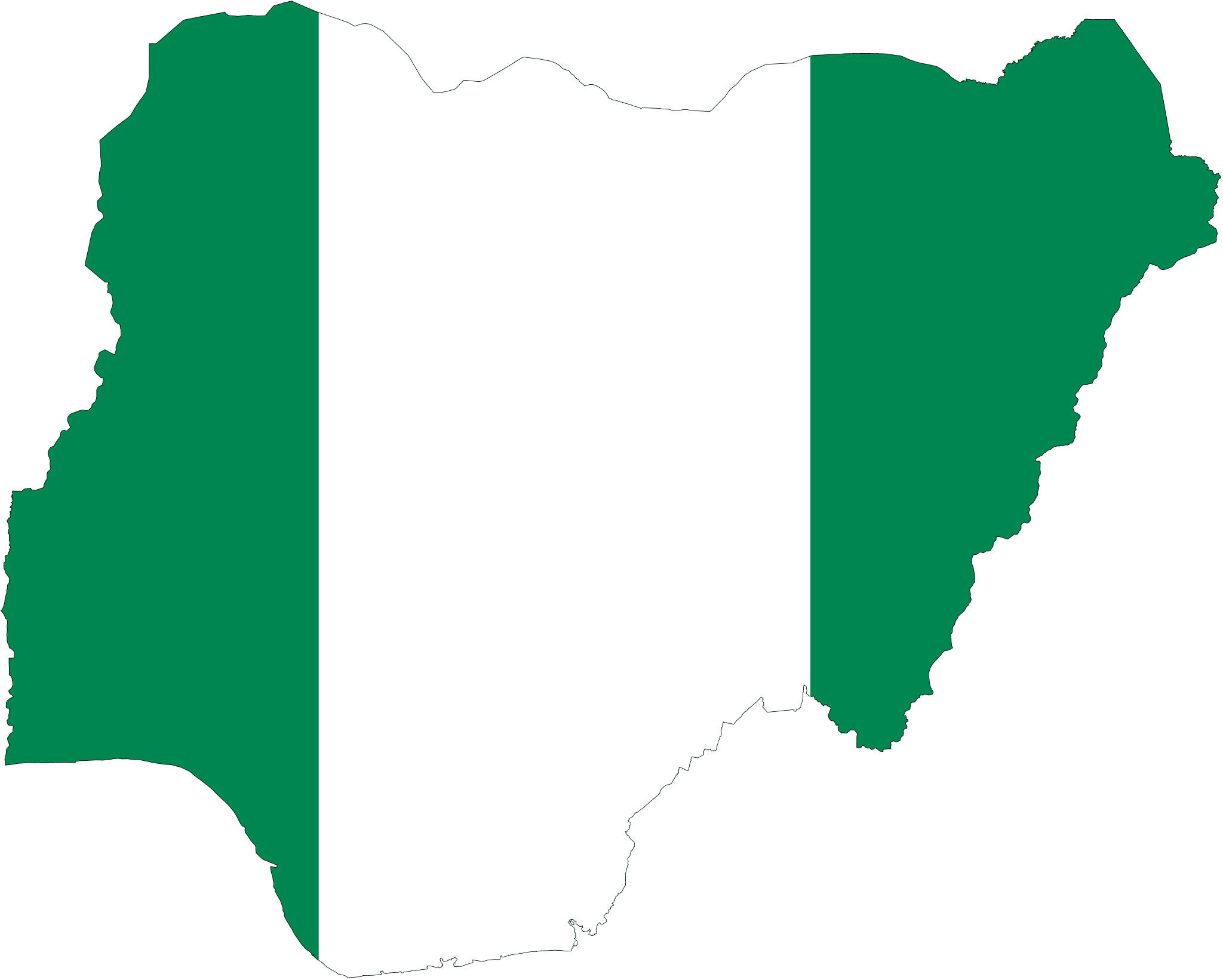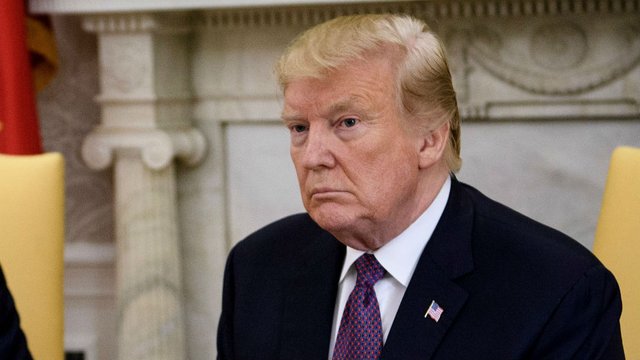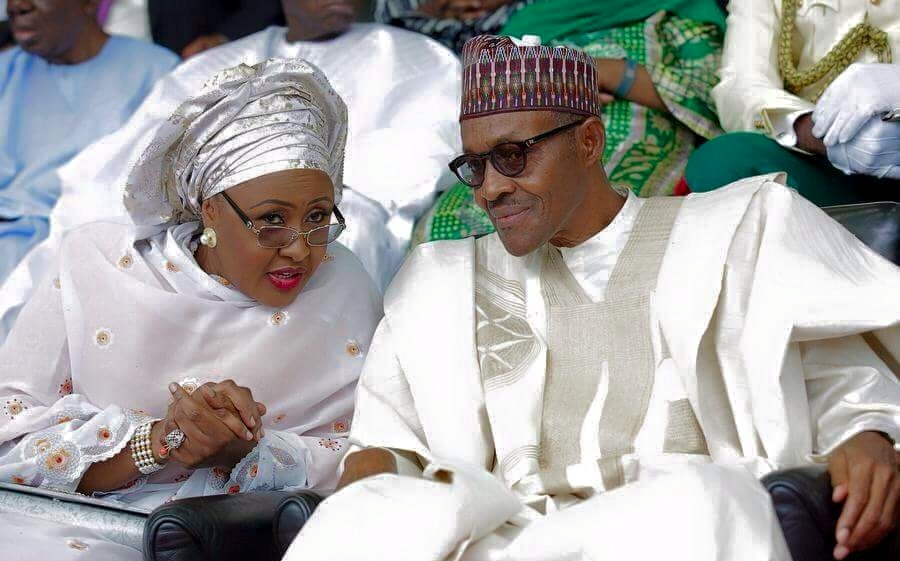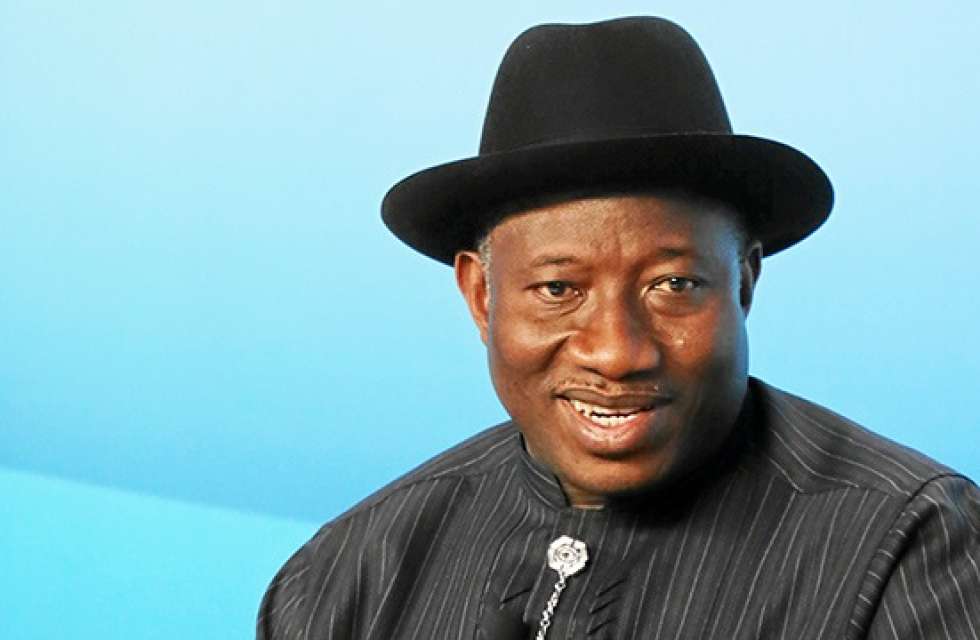By Owei Lakemfa
I first met Dr. Ngozi Okonjo-Iweala during the Obasanjo administration at a conference organised by the newly emergent Due Process Office headed by Mrs. Obiageli (Oby) Katryn Ezekwesili.
Okonjo-Iweala was Minister of Finance, so I asked her how much oil Nigeria was producing daily. Conference Chairman, Mallam Nasir El-Rufai (Now Governor of Kaduna State) fumed: “Mr. Lakemfa, let me tell you, there are three persons I can die for in this government; Oby, Ribadu (Nuhu, then Chairman of the Economic and Financial Crimes Commission) and Ngozi.” He did not allow her to answer the question. I doubt if until today, it is a question she can answer.
Okonjo-Iweala was an instrument for the perpetuation of the enslaving policies of the IMF and World Bank. In her 2018 book “Fighting Corruption Is Dangerous: The Story Behind the Headlines” she admitted being a stooge of those organisations. In it, she wrote of her reaction to the January 1, 2012 fuel price increase: “I told my husband that I was sure that I would be blamed if things did not go right because everyone would feel that in my rush to implement so-called neoliberal policies informed by the International Monetary Fund (IMF) and the World Bank, I had rushed the President into this decision”
Okonjo-Iweala as Finance Minister from 2003-2006 was one of the main forces that drove the Obasanjo administration’s privatization process in which choice public property like the profit-making 670-room luxuriously furnished Nicon-Noga Hotel(Renamed Transcorp) were sold. My primary point on this issue is that the funds realised from these prodigal sales were not accounted for by the Iweala-controlled Finance Ministry or any other government arm, nor were Nigerians told the public projects on which these funds were expended.
Okonjo-Iweala was the pivot of the controversial 2005 debt repayment project to the Paris Club. The debts were said to be $30 Billion under which $18 billion was written off as aid while the country made an outright payment of $12 billion. First, there was the controversy whether these debts were verifiable. Secondly, whether it made sense for an underdeveloped country to make a bulk payment of $12 billion. But the main controversy was whether in paying the Paris Club, Nigeria needed “Consultants” or “Advisors” who were paid huge commissions. Nigerians asked Okonjo-Iweala to name these middlemen and exactly how much they were paid. This, to the best of my knowledge has not been done fifteen years later.
In 2010, the labour unions had differences with government over the new National Minimum Wage of N18,000. We thought the then Secretary to the Government, Senator Pius Ayim was not forthcoming so elected to meet President Jonathan. After he sorted out the issue, we told him there were rumours Dr. Okonjo-Iweala was to be brought back as Finance Minister, and stated reasons for our objection. President Jonathan noted Labour’s objection, but went ahead not only to bring her back as Finance Minister, but also as the ‘Coordinating Minister for the Economy’ A sort of Prime Minister.
When in 2011, the administration flew the kite of an astronomical increase in fuel price, she went into over drive with her propaganda machinery. As this heated up the polity, President Jonathan invited the Labour unions to a meeting on December 19, 2011 in the Presidential Villa. I was then the Acting General Secretary of the Nigeria Labour Congress (NLC) Okonjo-Iweala with slides, briefed us on government’s position. She made the usual windy arguments about the increase being based on transparency, oil subsidy mainly benefiting the rich, need to attract private investors, curb fuel smuggling and that PMS prices should be subjected to so-called market forces as had happened to the telecommunication and aviation sectors.
She claimed that the landing cost of a litre of PMS was N139. First we showed that her statistics were faulty and asked her how much a litre would cost were the country to do local refining. She had no answer, so with statistics, we provided the answer; N40!
Then she claimed that the country consumed “35 to 40million” litres of PMS daily. We argued that since almost all the PMS is dispensed from petrol stations, she should tell us the number of such stations and their holding capacity. She could not, and we provided the information that the entire capacity of the fuel stations was between 20-25 million litres. In other words that her claimed 35-40 million-litre consumption, was false. She began to shout: “ I don’t lie o! Nobody should call me a liar!!” An apparently embarrassed President Jonathan calmed her down and requested we adjourned the meeting to the New year, 2012 during which Labour would present its counter statistics to those of the Minister. That meeting never held as the Government on January 1, 2012, announced the fuel price increase. The reactions were massive protests that heralded the end of that administration.
Later, revelations showed that while the Executive with Okonjo-Iweala as Co-ordinating Minister claimed the country was paying daily subsidy for 35-40 million litres, the truth from the record of payments through the Petroleum Products Pricing Regulatory Agency (PPPRA) was that the country was paying subsidy for 59 million litres per day! This daily 19-24 million litre subsidy difference, is called fraud.
Also under her watch, the Nigeria National Petroleum Corporation (NNPC) rather than pay all monies accruing to the country into the Federation Account as constitutionally provided, first paid itself whatever amount it wanted before paying the balance into the account. Also, the PPPRA which was not importing fuel was being paid an average ‘fuel subsidy’ of N150 Billion annually. While the subsidy provision for 2011 was N245.96 Billion, the Finance Ministry under Okonjo Iweala paid N2,587.087 Trillion.
Another revelation was that she hired two audit firms; Akintola William Deloitte and Olusola Adekanla and Co to verify subsidy claims before payments were made. But the House of Representatives found that the firms had no adequate knowledge of measuring products in a vessel before and after discharge. So the firms were simply: “participating in a bazaar and collecting N275,000.00 per vessel”
It was indeed, a bazaar; while Okonjo-Iweala paid oil subsidy to five companies in 2006, in 2011, for generally the same level of consumption, she paid 140 companies! Anybody interested in these details can pick up a copy of my 2015 book “Parliament of the Streets: Mass Strikes and Street Protests that Shook Nigeria in 2012” I cannot in clean conscience, recommend Okonjo-Iweala for any job.
On the shark WTO, while it is true Okonjo-Iweala is a Nigerian and an African, but of what comfort is it to the forest that the handle of the sharp axe cutting down its trees is made of wood from the forest?



